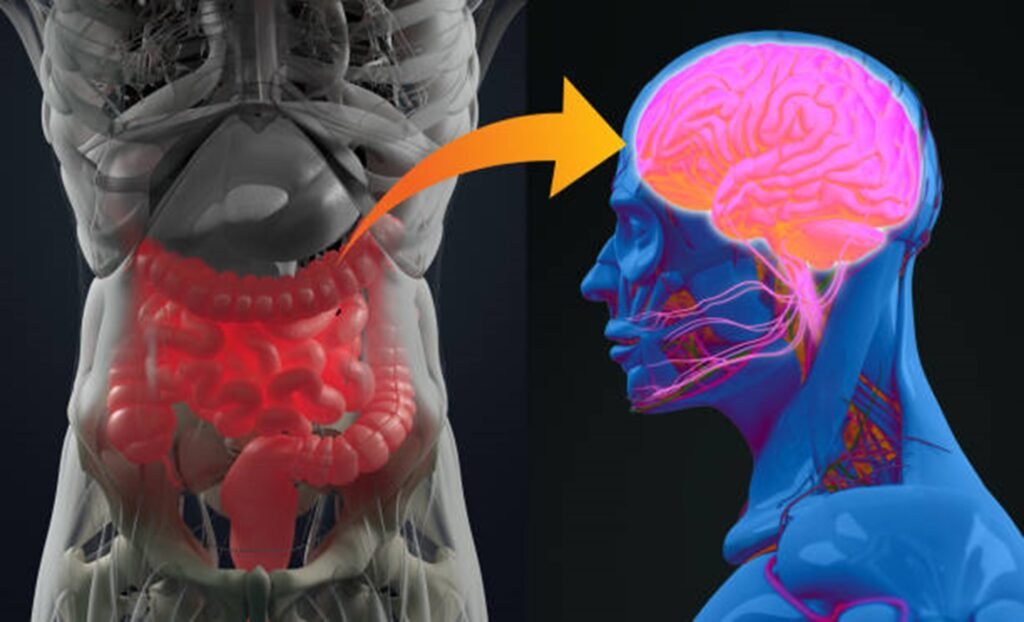GLP-1 medications like Semaglutide and Tirzepatide are gaining recognition for their effectiveness in supporting weight loss and providing long-term health benefits. This article explores how these medications work and the unique advantages they offer.
Introduction

1. What are GLP-1 Medications?
GLP-1 stands for glucagon-like peptide-1, a hormone that plays an essential role in regulating appetite and blood sugar levels. GLP-1 medications mimic the body’s natural GLP-1 hormone, activating receptors that influence appetite and insulin production. Two of the most popular medications in this class are Semaglutide (known commercially as Wegovy and Ozempic) and Tirzepatide (marketed as Mounjaro).
Mechanism of Action
GLP-1 medications work primarily by:
- Reducing Appetite: These drugs interact with receptors in the brain to promote feelings of fullness, reducing the urge to overeat.
- Slowing Gastric Emptying: They slow down the rate at which food leaves the stomach, keeping you satisfied for longer.
- Improving Insulin Sensitivity: They enhance the body’s insulin response, which can help manage blood sugar levels and support weight loss.

2. The Benefits of GLP-1 Medications for Sustainable Weight Loss
Unlike short-term weight loss solutions, GLP-1 medications offer long-lasting benefits when combined with lifestyle changes. Here are several key benefits:
- Promotes Significant Weight Loss
Studies show that patients using GLP-1 medications can experience substantial weight loss. For instance, many individuals taking Semaglutide for a year have reported losing 10-15% of their body weight. This reduction is meaningful for those struggling with obesity, as even a 5% weight loss can lead to significant health improvements.
Insert Image: Before-and-after weight loss progression graphic (note: use an anonymous or generic illustration for privacy). - Helps Improve Metabolic Health
By improving insulin sensitivity and reducing blood glucose levels, GLP-1 medications can lower the risk of type 2 diabetes. For individuals with pre-diabetes or metabolic syndrome, this can prevent further complications and improve overall metabolic health. - Reduces Food Cravings and Emotional Eating
Many people struggle with cravings that lead to overeating, especially in high-stress situations. GLP-1 medications target the brain’s appetite control center, which helps reduce these cravings. This benefit is especially valuable for those who struggle with emotional eating, allowing them to make healthier choices and gain control over their diet.

3. Why GLP-1 Medications are Effective for Long-Term Weight Management
One of the main reasons weight loss efforts fail is the inability to maintain the results. GLP-1 medications help users develop healthier eating habits over time, leading to more sustainable weight loss.
- Built-In Support for Consistency
Because GLP-1 medications reduce hunger and slow gastric emptying, they make it easier to adhere to a balanced eating plan. Rather than being a quick fix, these medications support gradual weight loss that doesn’t rely on extreme diets, making long-term success more achievable. - Helps Break the Cycle of Weight Gain and Loss
Many people experience a cycle of losing and regaining weight, commonly known as “yo-yo dieting.” GLP-1 medications reduce the biological triggers that often cause weight regain, helping to break this cycle. By managing hunger hormones and cravings, these medications allow for a more consistent weight management process.

4. GLP-1 Medications vs. Traditional Weight Loss Methods
Traditional weight loss methods, such as calorie restriction and exercise, can work well, but they aren’t always effective for everyone. Here’s how GLP-1 medications compare:
|
Feature |
Traditional Methods |
GLP-1 Medications |
|
Appetite Control |
Limited (depends on willpower) |
Strong biological appetite suppression |
|
Sustainability |
Often challenging |
Easier with reduced hunger |
|
Health Benefits |
Dependent on adherence |
Enhanced insulin sensitivity, metabolic health |
|
Cravings Reduction |
Limited |
Significant reduction |
Why Many Find Success with GLP-1 Medications
The appetite regulation and reduced cravings associated with GLP-1 medications allow people to lose weight without constantly feeling deprived. As a result, these medications enable healthier lifestyle changes to take root.
5. Are GLP-1 Medications Right for You?
GLP-1 medications are generally recommended for individuals with a BMI over 27 who have additional health concerns, such as type 2 diabetes or heart disease. They may also be suitable for people who have tried other methods unsuccessfully and need additional support in managing hunger and cravings.
Consult a Healthcare Provider
Before starting any medication, it’s essential to consult with a healthcare provider to discuss your medical history and goals. A provider can help determine whether Semaglutide or Tirzepatide is suitable for you and guide you through the treatment process.

6. Common Questions About GLP-1 Medications
A. What Are the Side Effects?
- Common side effects include nausea, vomiting, and mild gastrointestinal issues, but these often diminish as the body adjusts to the medication.
B. How Long Do I Need to Take GLP-1 Medications?
- This varies based on individual needs, but most patients continue treatment for an extended period to establish long-term results.
C. Is Diet and Exercise Still Necessary?
- Yes! While GLP-1 medications aid in weight management, combining them with balanced nutrition and physical activity will optimize results.
Conclusion: The Future of Weight Loss with GLP-1 Medications
GLP-1 medications like Semaglutide and Tirzepatide provide a promising solution for sustainable weight management, especially for individuals who have struggled with traditional methods. By addressing hunger at a biological level and reducing cravings, these medications offer a path to healthier weight loss, improved metabolic health, and long-term success.

Author
-

Dr. Nwamaka Ossai is a licensed clinical pharmacist with a passion for supporting women’s health and weight loss in Texas. With years of experience and a degree from Creighton University, she helps women reach their goals using prescription medications such as Semaglutide, Tirzepatide, and Phentermine. As a mother of three, she understands the real-life challenges women face and offers virtual consultations to deliver expert care with convenience and compassion.
View all posts






